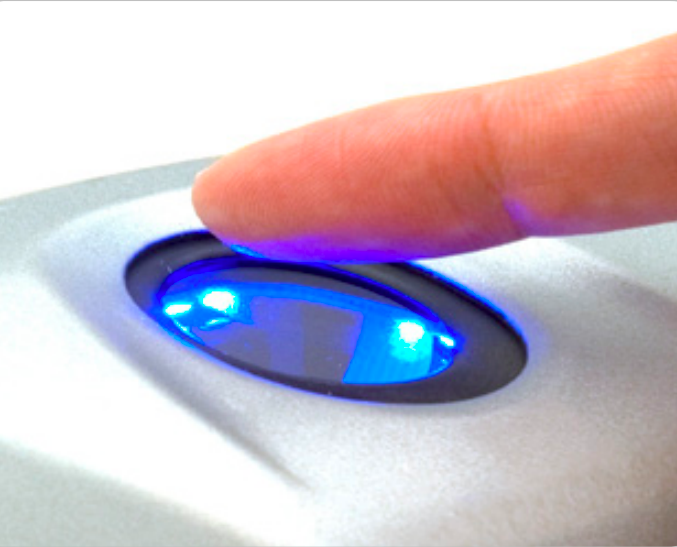The traffic branch of the Singapore Police Force has deployed an electronic Know Your Customer (eKYC) system that uses HID Global’s Lumidigm V-series Fingerprint Sensors to verify the identities of driver’s license applicants.
The HID Lumidigm sensor’s patented multispectral imaging technology has helped improve identity-verification speed and efficiency as compared to their previous paper-based process, and its proven liveness-detection capabilities significantly diminish the risk of fraudsters compromising the eKYC system.
Deployed by HID partner Secur Solutions Group at Singapore’s three driving schools, the new eKYC system improves security by using fingerprints to verify the “true identity” of driver’s license applicants.
The speed and reliability of the Lumidigm sensors has enabled the entire enrolment process to be performed at kiosks in seconds, from fingerprint capture through matching against the actual identity documents (NRIC/Work Permit).
The Singapore Police Force is now enrolling 500 to 700 individuals a day at the kiosks since deployment and has cut almost 1,500 manhours of labor per month since eliminating its staffed counters and manual workflow.
“The HID Lumidigm sensors have outperformed all alternatives with respect to speed, accuracy and consistency of image acquisition regardless of finger or environmental conditions,” said Tseng Wun Hsiung, CEO of Secur Solutions Group. “New opportunities are being considered for service enhancement and parts of the eKYC system are being evaluated for integration.
HID Global’s fingerprint imaging technology captures unique characteristics from the finger’s surface and subsurface, which is particularly important for the Singapore Police Force’s eKYC system because it serves a large population spanning many ages, ethnicities and skin types.
The company said its technology works reliably with normal, wet, dirty, dry or damaged fingers, and in sunlight or wet or cold conditions. Also, field-updatable liveness detection is employed to distinguish between the captured biometric data from a real living person versus a plastic, fake or other artificial fingerprint copies.
















